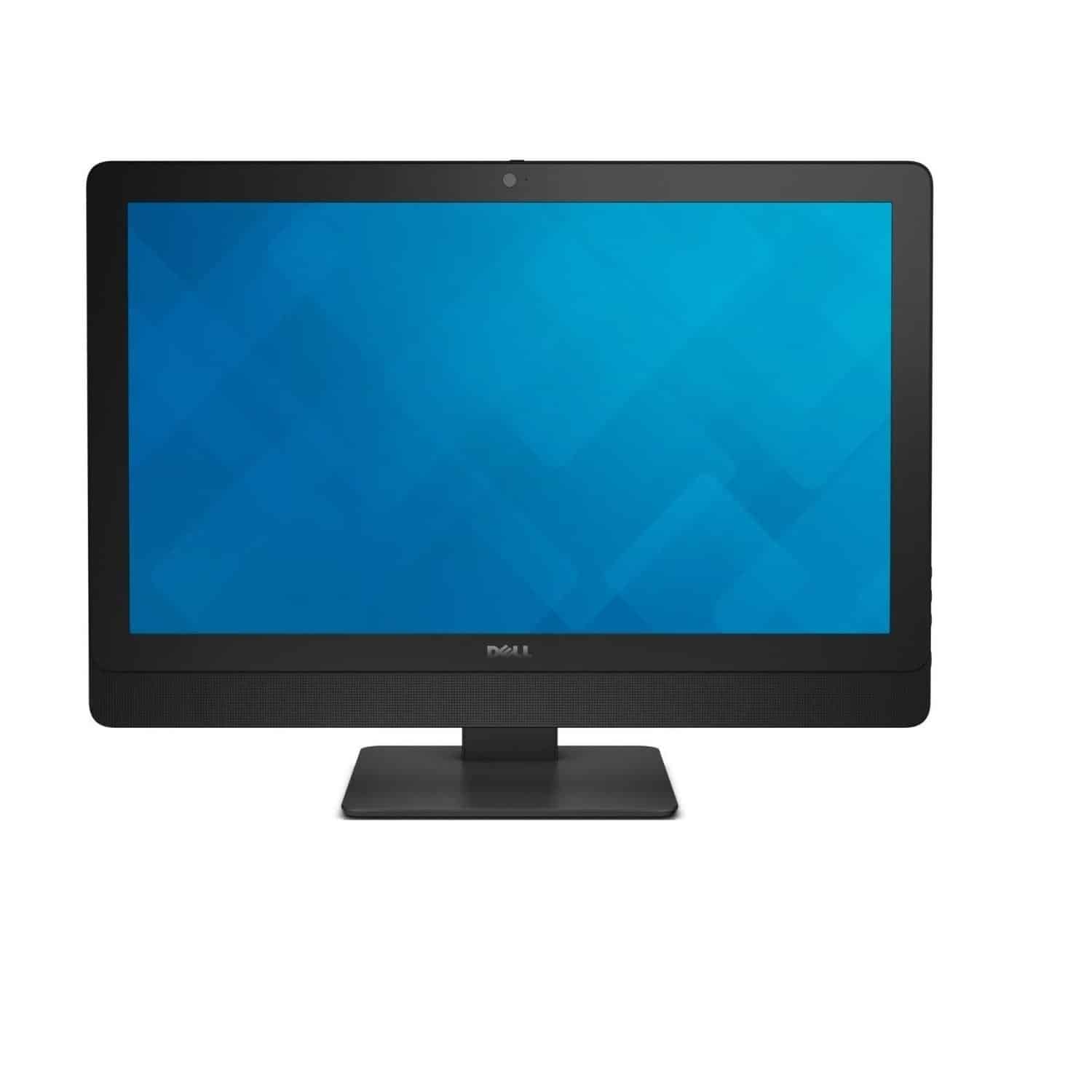Introduction:
In today’s digital age, laptops have become an essential tool for work, entertainment, and communication. Whether you’re a student, a professional, or a casual user, having a reliable laptop is crucial to your productivity and convenience. However, with so many options available in the market, choosing the right one can be a daunting task. In this article, we will provide you with a comprehensive guide to help you choose the best laptop for your needs.
What to Consider When Choosing a Laptop
When looking for a laptop, there are several factors you should consider, including:
Operating System
The operating system is the foundation of your laptop, and it determines the type of software and applications you can use. The most popular operating systems are Windows, macOS, and Chrome OS. Windows is the most widely used, while macOS is popular among creatives and professionals. Chrome OS is a lightweight operating system designed for web browsing and basic tasks.
Processor
The processor is the brain of your laptop, and it determines how fast your laptop can perform tasks. The most common processors are Intel and AMD. Intel processors are known for their reliability and performance, while AMD processors are budget-friendly and ideal for casual users.
RAM
RAM (Random Access Memory) is essential for multitasking and running multiple applications at once. The higher the RAM, the more applications you can run simultaneously. For casual users, 4GB to 8GB of RAM is sufficient. For professionals, 16GB or more is recommended.
Storage
Storage determines how much data you can store on your laptop. The two types of storage are HDD (Hard Disk Drive) and SSD (Solid State Drive). HDDs are cheaper but slower, while SSDs are faster and more reliable. For casual users, 256GB to 512GB of storage is sufficient. For professionals, 1TB or more is recommended.
Display
The display is the visual interface of your laptop, and it determines the quality of your viewing experience. The most common display sizes are 13 inches, 15 inches, and 17 inches. The resolution and brightness are also important factors to consider.
Types of Laptops
There are several types of laptops to choose from, including:
Ultrabooks
Ultrabooks are thin and lightweight laptops designed for portability and performance. They are ideal for professionals who need a reliable laptop on the go.
Gaming Laptops
Gaming laptops are powerful laptops designed for gamers who demand high performance and graphics. They are equipped with dedicated graphics cards and high refresh rate displays.
2-in-1 Laptops
2-in-1 laptops are versatile laptops that can be used as a tablet or a laptop. They are ideal for students and professionals who need a device that can be used for both work and entertainment.
Frequently Asked Questions
Q: How long do laptops last? A: The lifespan of a laptop depends on the quality of its components and how well it is maintained. On average, a laptop lasts for 3 to 5 years.
Q: Can I upgrade my laptop? A: Yes, you can upgrade some components of your laptop, such as RAM and storage. However, upgrading the processor and graphics card is not possible on most laptops.
Q: Should I get a touchscreen laptop? A: It depends on your needs. Touchscreen laptops are ideal for students and artists who need a device for drawing and note

